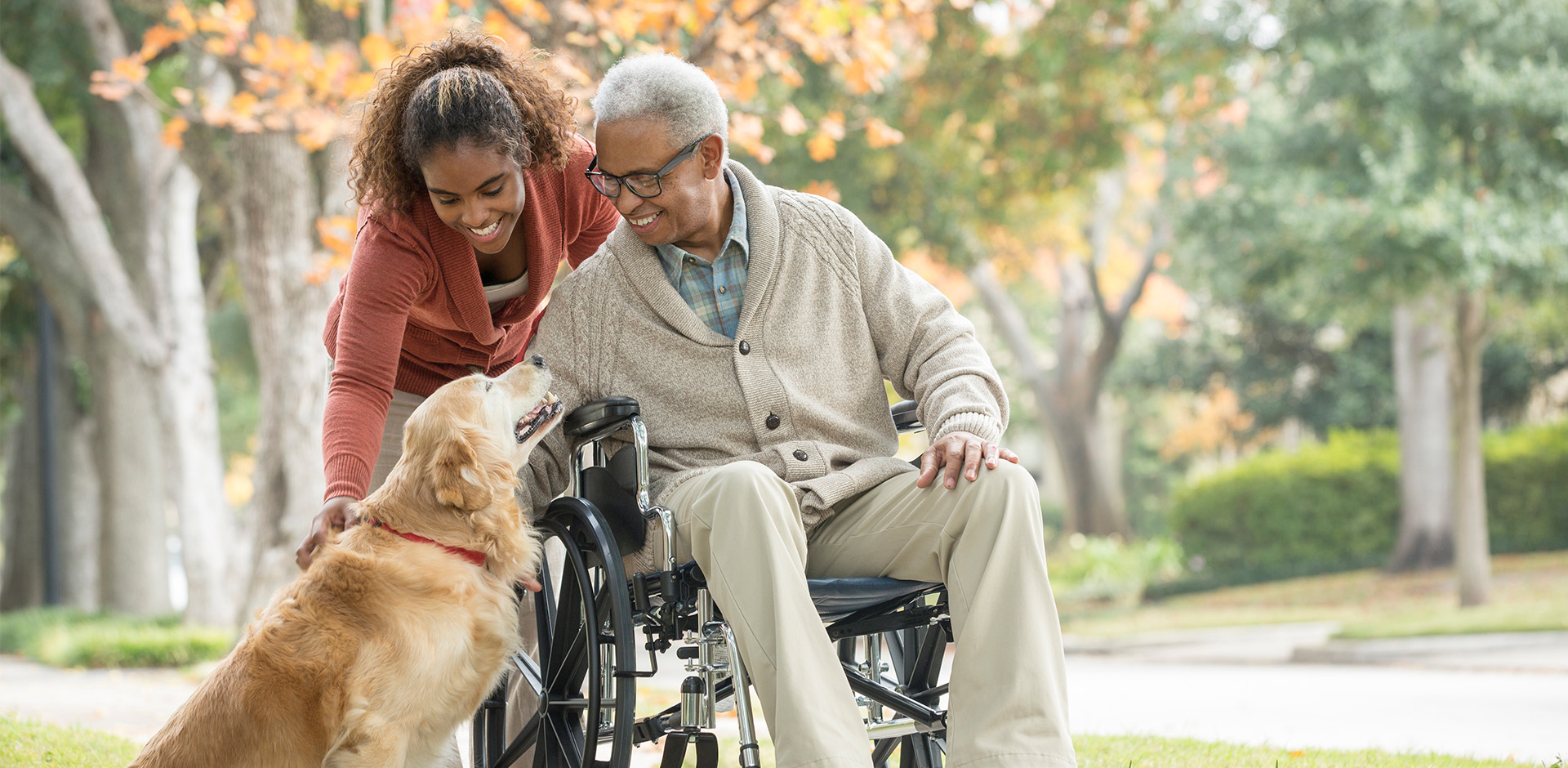FY2024 PRMRP Awarded Projects
In 2020, Congress for the first time included “peripheral neuropathy” as an eligible condition for study through a $370 million fund administered by the Department of Defense (DoD) known as the “Peer Reviewed Medical Research Program (PRMRP).” This important breakthrough was a direct result of the nationwide advocacy of the peripheral neuropathy community. This accomplishment has allowed our research community to apply for funding from a federal program to which they previously did not have access. The PRMRP is specifically focused on high-risk, high-reward research that will lead to new, tangible outcomes such as new therapeutics and treatments. Every year, Congress determines the conditions that are eligible for study through the PRMRP by listing them in the Senate version of the annual Defense Appropriations Act. Below are the peripheral neuropathy-related projects that will receive funding as part of the 2024 bill.
FY2024 PRMRP Awarded Projects:
Focused Ultrasound-Induced Peripheral Nerve Blockade to Reduce the Development of Neuropathic Pain and Treat Acute and Chronic Pain
Principal Investigator: ANDERSON, THOMAS
Institution Receiving Award: THE LELAND STANFORD JUNIOR UNIVERSITY
Program: PRMRP
Proposal Number: PR240083
Funding Mechanism: Investigator-Initiated Research Award
Award Amount: $1,558,192.00
Abstract: Pain after injuries, like those from battle, is a big health problem. Sometimes this pain becomes long-lasting (chronic), especially when nerves are hurt. Pain medicines like opioids are often used, but they can be dangerous and don’t always work well.
This study looks at a new, safer way to treat pain using focused ultrasound (FUS). FUS can target nerves without surgery or needles. It may block pain signals for up to two weeks, helping treat both short-term (acute) and long-term (chronic) pain.
Researchers will test this method in animals to see if it works and doesn’t cause harm. If successful, this treatment could help soldiers and others heal better, avoid opioids, and prevent chronic nerve pain.
AI-Based Screening of Ultralarge Chemical Libraries to Identify Selective Muscarinic Receptor Antagonists as Peripheral Neuropathy Therapeutics
Principal Investigator: WALLQVIST, SVEN
Institution Receiving Award: HENRY M. JACKSON FOUNDATION
Program: PRMRP
Proposal Number: PR240249
Funding Mechanism: Investigator-Initiated Research Award
Award Amount: $1,003,539.00
Abstract: Peripheral neuropathy affects many people, including Veterans and Soldiers, especially those exposed to chemicals like Agent Orange. Right now, there is no good treatment for it.
This project uses artificial intelligence (AI) to help find new, safe medicines for this disease. Some drugs can help, but they affect the brain and cause serious side effects. So, scientists want to find new ones that help the nerves but don’t affect the brain.
The team will use AI to search through over 100 million possible chemicals, choose the safest ones, and test them in the lab to see if they can help nerves heal without causing harm.
If successful, this research could lead to a new treatment for nerve pain and help protect Soldiers and others from long-term damage caused by toxic chemical exposure.
Exploring the Role of PACAP38 in Post-Traumatic Headache
Principal Investigator: SON, HYEONWI
Institution Receiving Award: HEALTH SCIENCE CENTER AT THE UNIVERSITY OF TEXAS, SAN ANTONIO
Program: PRMRP
Proposal Number: PR240538
Funding Mechanism: Discovery Award
Award Amount: $433,126.00
Abstract: Many military members who get mild brain injuries, like concussions, often develop painful headaches later on. These are called post-traumatic headaches (PTH), and they can last a long time. Scientists believe a body chemical called PACAP38 may be the reason these headaches happen.
This study will look at how PACAP38 affects the nerves in the head, especially a group called the trigeminal ganglion, which helps carry pain signals. Using mice, the researchers will study how this chemical makes nerves more sensitive and causes headache pain.
They will also use special tools to watch nerve activity in real time and study how gene activity in these nerves changes after injury.
Why It Matters:
This research could lead to new treatments for long-lasting headaches after brain injuries. It will help military personnel and Veterans who suffer from these headaches get better care and live healthier lives.
